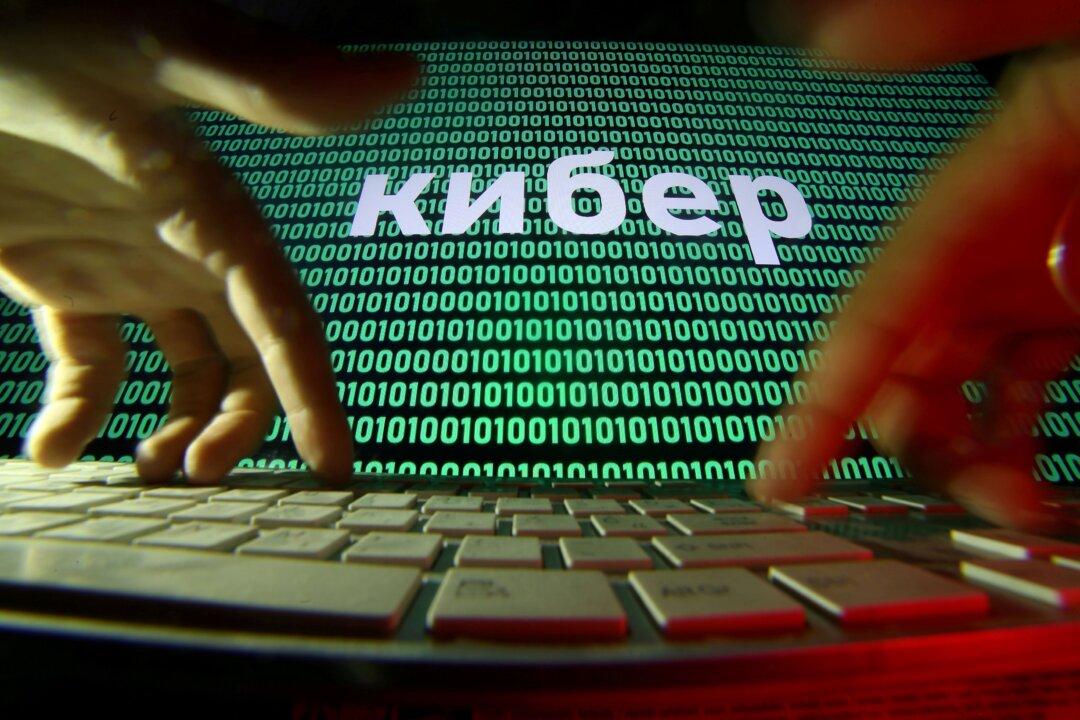A Russian cyber espionage group is “highly likely” to have been trying to steal information on CCP virus vaccines, the British national cybersecurity centre (NCSC) has said.
The NCSC on Thursday published an advisory report (pdf), detailing the recent tactics, techniques, and procedures Russian group APT29 used to target different organizations.





